Digging is an instinctual behavior exhibited by many dog breeds, stemming from various historical roles such as hunting, burrowing for shelter, or searching for food. While some dogs revel in the joy of digging through dirt, others disdain the activity, particularly those with specific grooming needs or temperaments that make them more averse to getting dirty. This distinction can be crucial for prospective pet owners to consider, especially if they value their gardens or prefer to keep their homes and pets clean. In this article, we explore seven dog breeds that have a penchant for digging, driven by their natural instincts and historical uses, alongside five breeds that typically dislike engaging in such dirty deeds, often due to their physical characteristics or personal preferences.
Dog Breeds That Love to Dig
1. Dachshund
Dachshunds, also known as “badger dogs,” were originally bred to hunt small animals like badgers by burrowing underground. This breeding purpose explains their persistent digging habits. Their long bodies and short legs are specifically designed for digging and crawling through tunnels. Dachshunds often dig out of instinct and may also do so when bored or in search of entertainment. Providing them with toys and engaging activities can help mitigate unwanted digging in undesired areas.
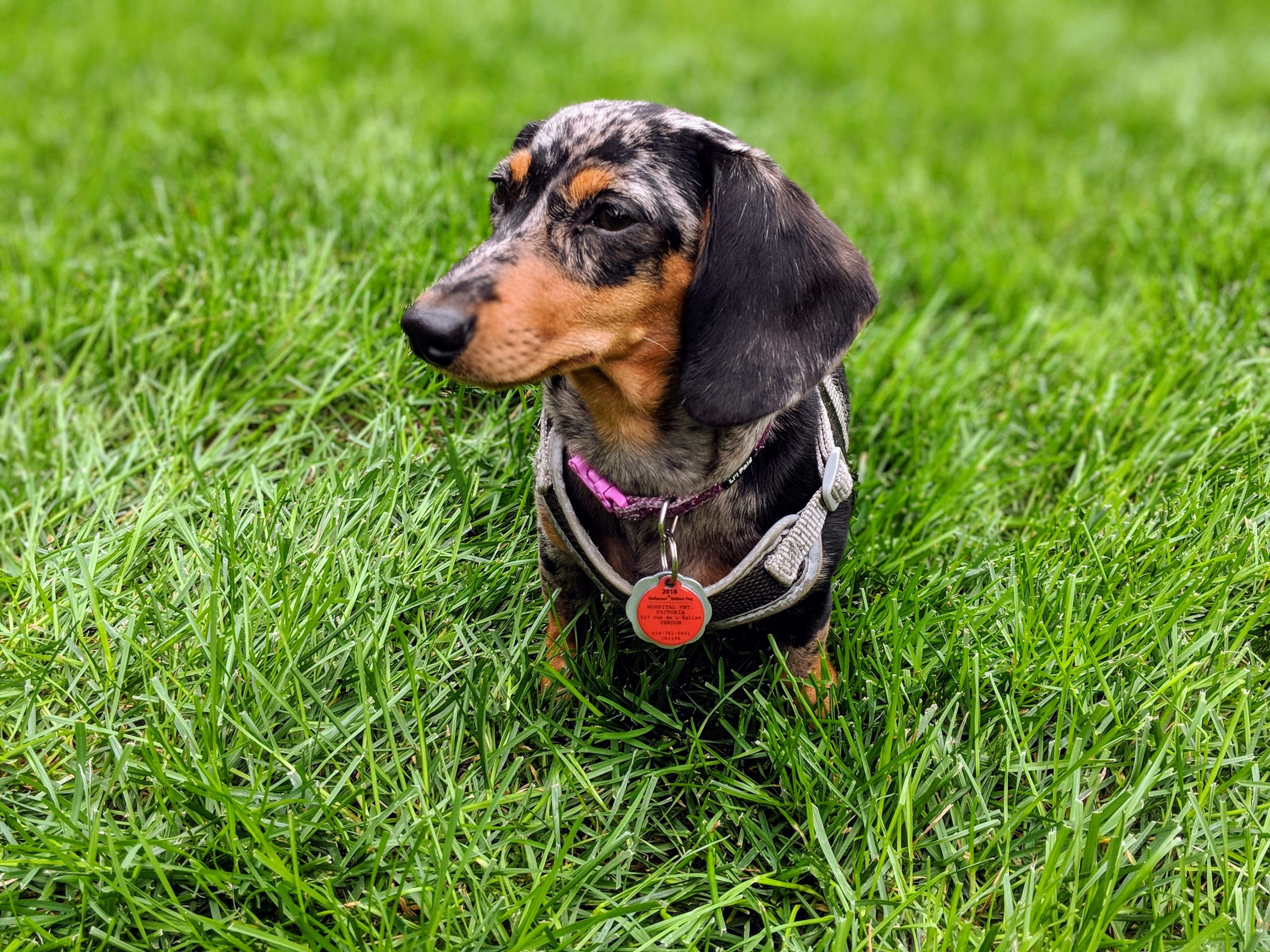
2. Jack Russell Terrier
Jack Russell Terriers are small, energetic dogs with a strong hunting background. They were bred to chase and flush out foxes and other small game from their dens, which involves a lot of digging. This breed has retained its high energy and propensity for digging, making it common for them to dig holes in yards. Engaging Jack Russells in plenty of physical and mental exercises can help channel their digging instincts constructively.

3. Siberian Husky
Siberian Huskies are known for their endurance and love of the outdoors, traits that make them prone to digging. Originally bred to survive the harsh Siberian arctic, Huskies would dig into the snow to create shelters against the cold. Today, they often dig out of boredom or to find cooler ground in warmer climates. Providing a designated digging area and ensuring they have adequate exercise can help manage this behavior.
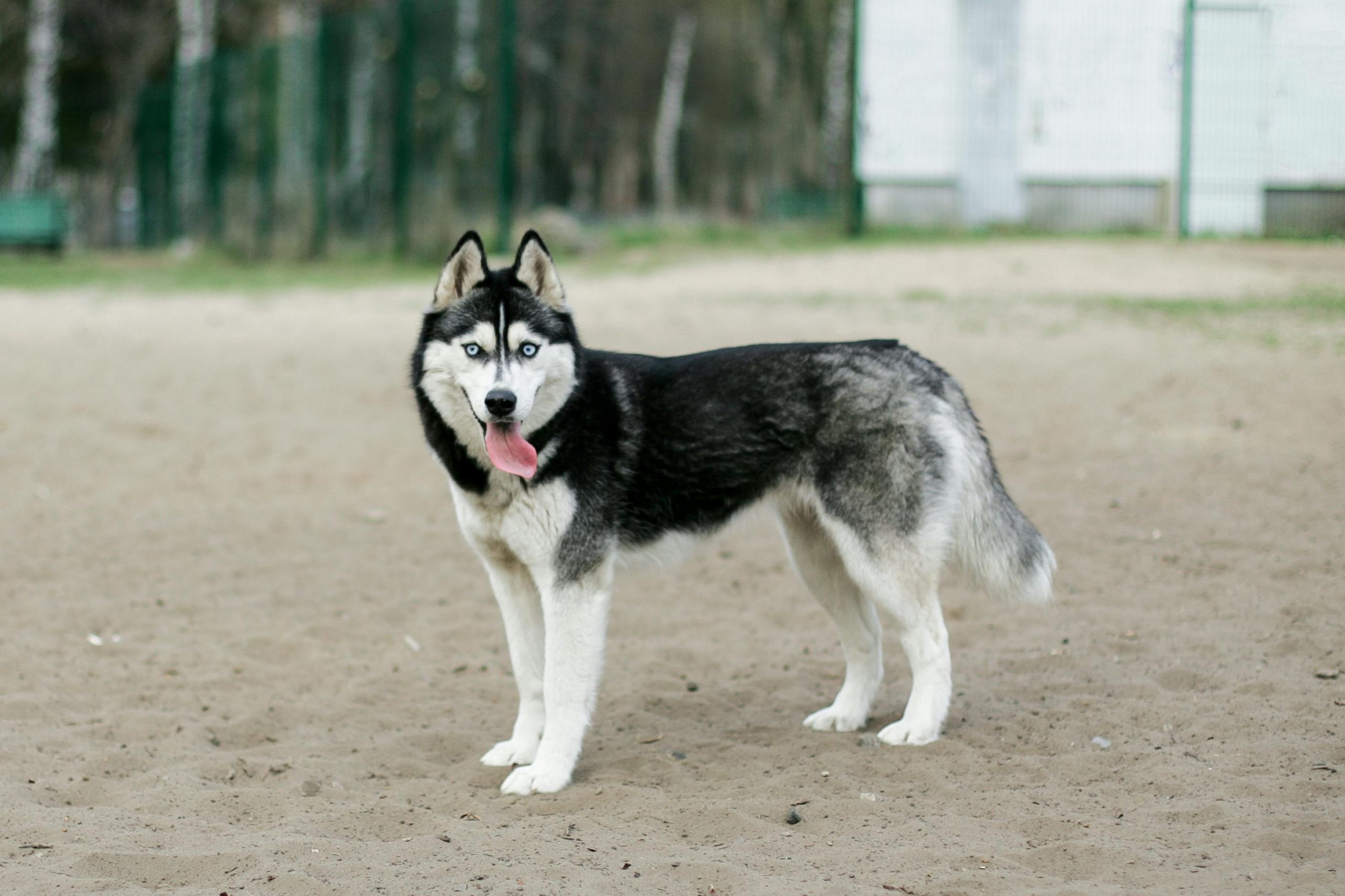
4. Alaskan Malamute
Similar to the Siberian Husky, the Alaskan Malamute is a breed used to harsh conditions and often digs for similar reasons. These dogs are powerful and built for stamina, with digging sometimes serving as a physical outlet for their energy. Malamutes also dig to create comfortable resting places or to find cooler soil during hot weather, a throwback to their origins in cold climates.
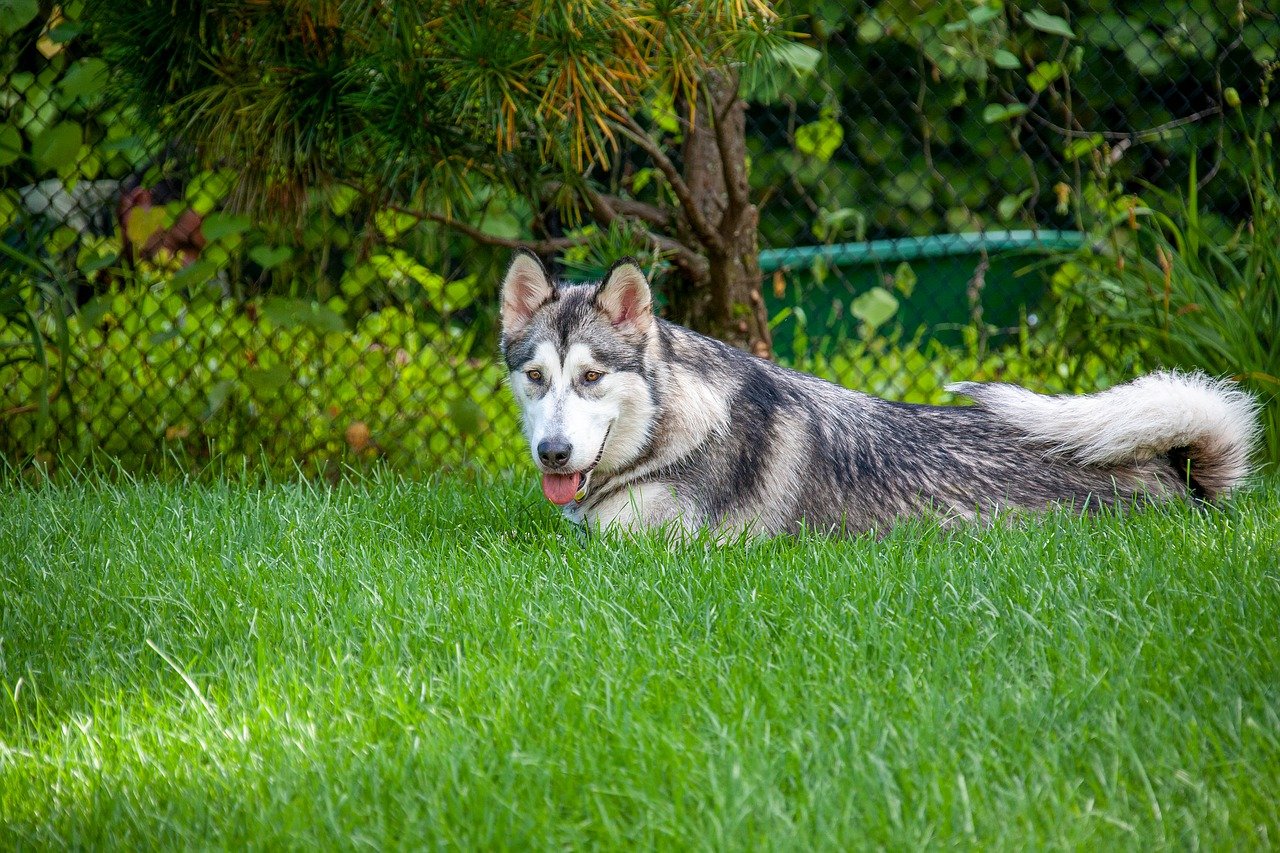
5. Border Collie
Border Collies are highly intelligent and energetic dogs that require extensive mental and physical stimulation. If not properly engaged, they may resort to digging as a way to alleviate boredom or expend excess energy. Originally bred for herding livestock, Border Collies are used to working in various terrains, and digging can be a natural extension of their herding behavior.

6. Beagle
Beagles are scent hounds, often employed to track and hunt small game. Their strong olfactory instincts can lead them to dig when they pick up interesting scents in the ground. Digging can also be a way for Beagles to pursue these scents further, mimicking their traditional hunting roles. Regular walks and scent games can help satisfy their sniffing urges without resorting to disruptive digging.
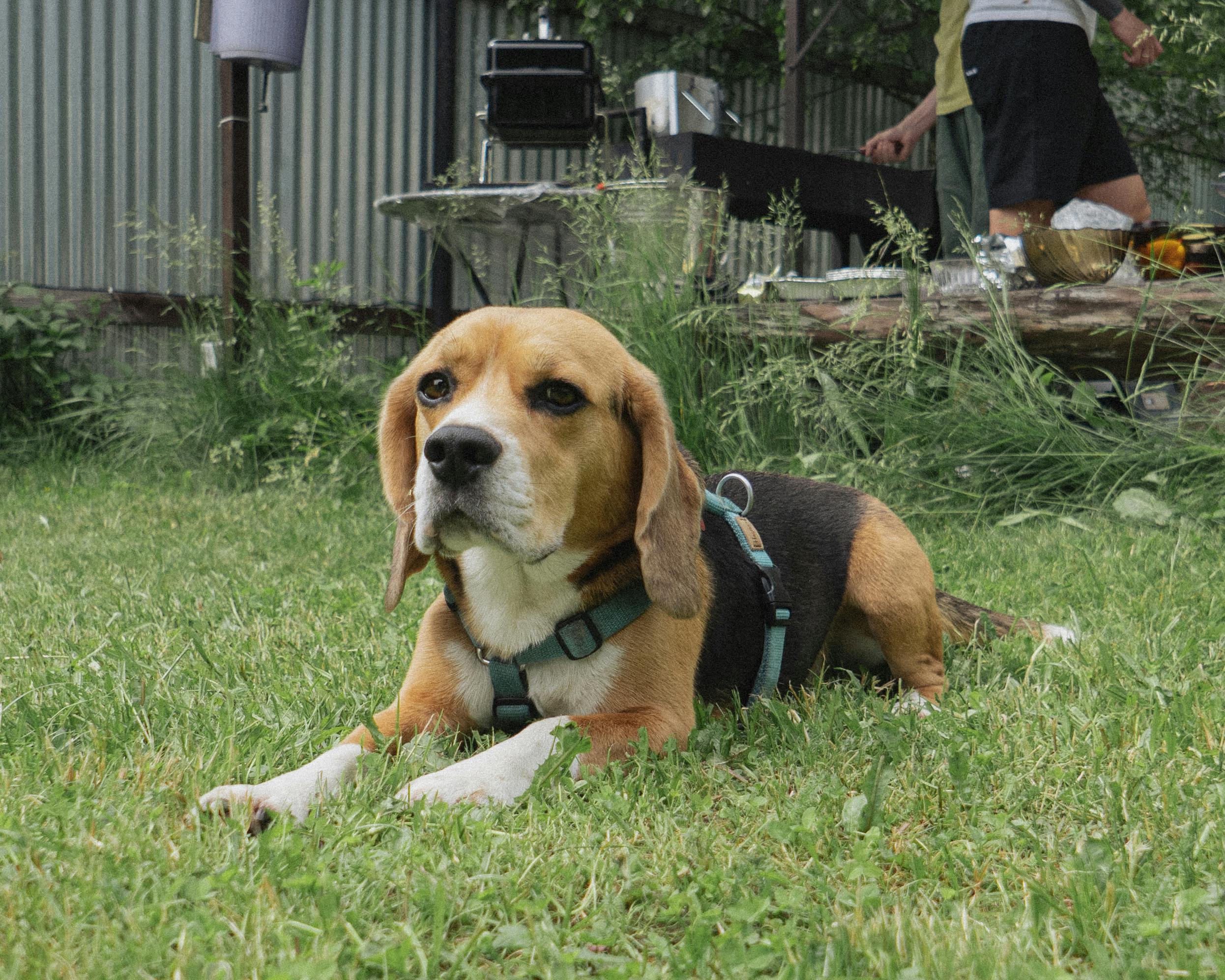
7. Fox Terrier
Fox Terriers were bred to flush foxes out of their hiding holes and dens, which required quick, enthusiastic digging. This trait remains prominent in the breed, making them natural and avid diggers. Fox Terriers can turn a garden into a series of holes if left to their own devices without sufficient exercise and mental stimulation.
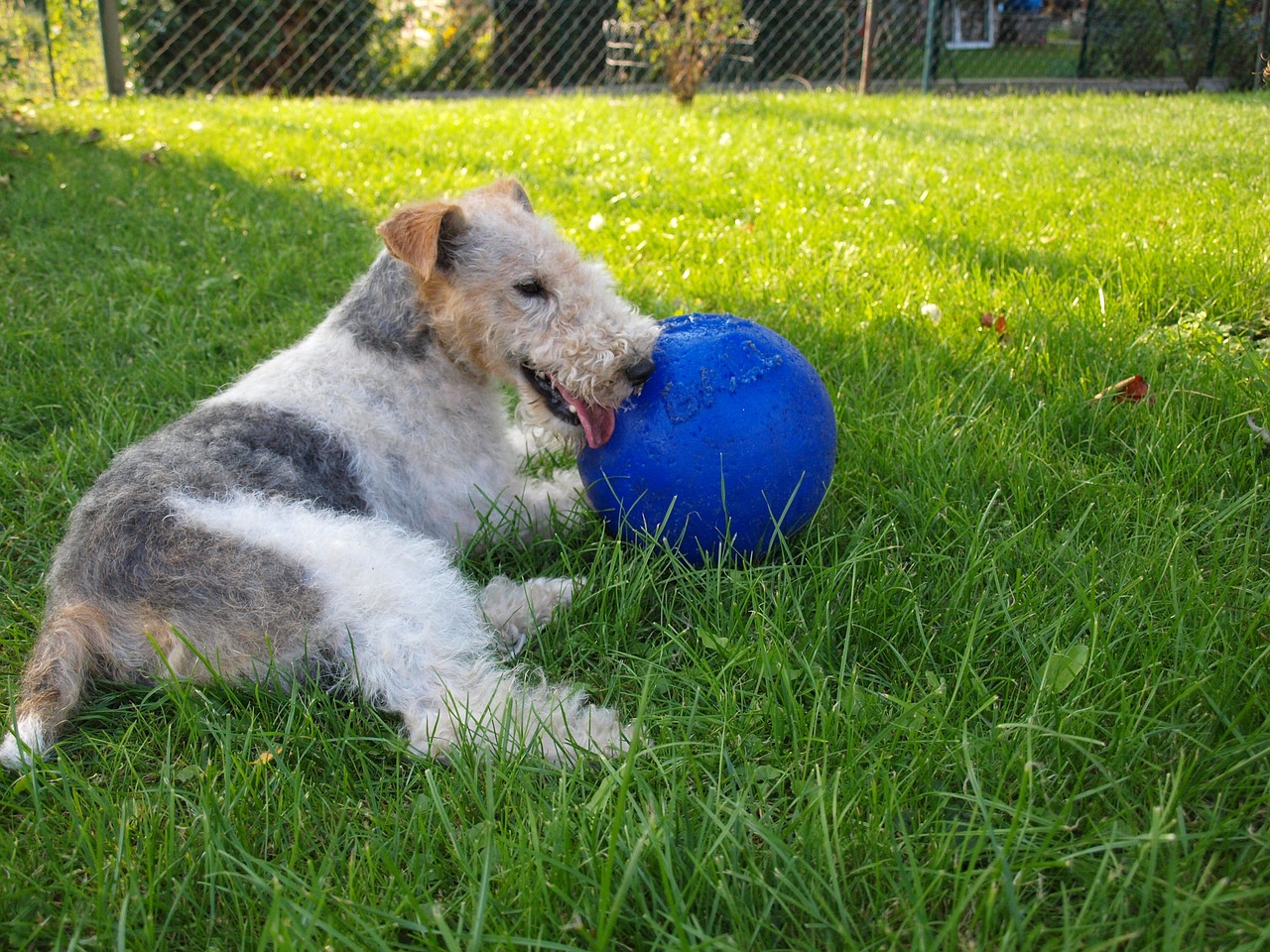
Dog Breeds That Hate Dirt
1. Bichon Frise
The Bichon Frise is a small, white-coated breed known for its aversion to getting dirty. Their curly, hypoallergenic fur can trap dirt and debris, necessitating frequent cleaning to maintain their pristine appearance. Bichons often prefer cleaner environments and activities that keep them relatively clean and comfortable.
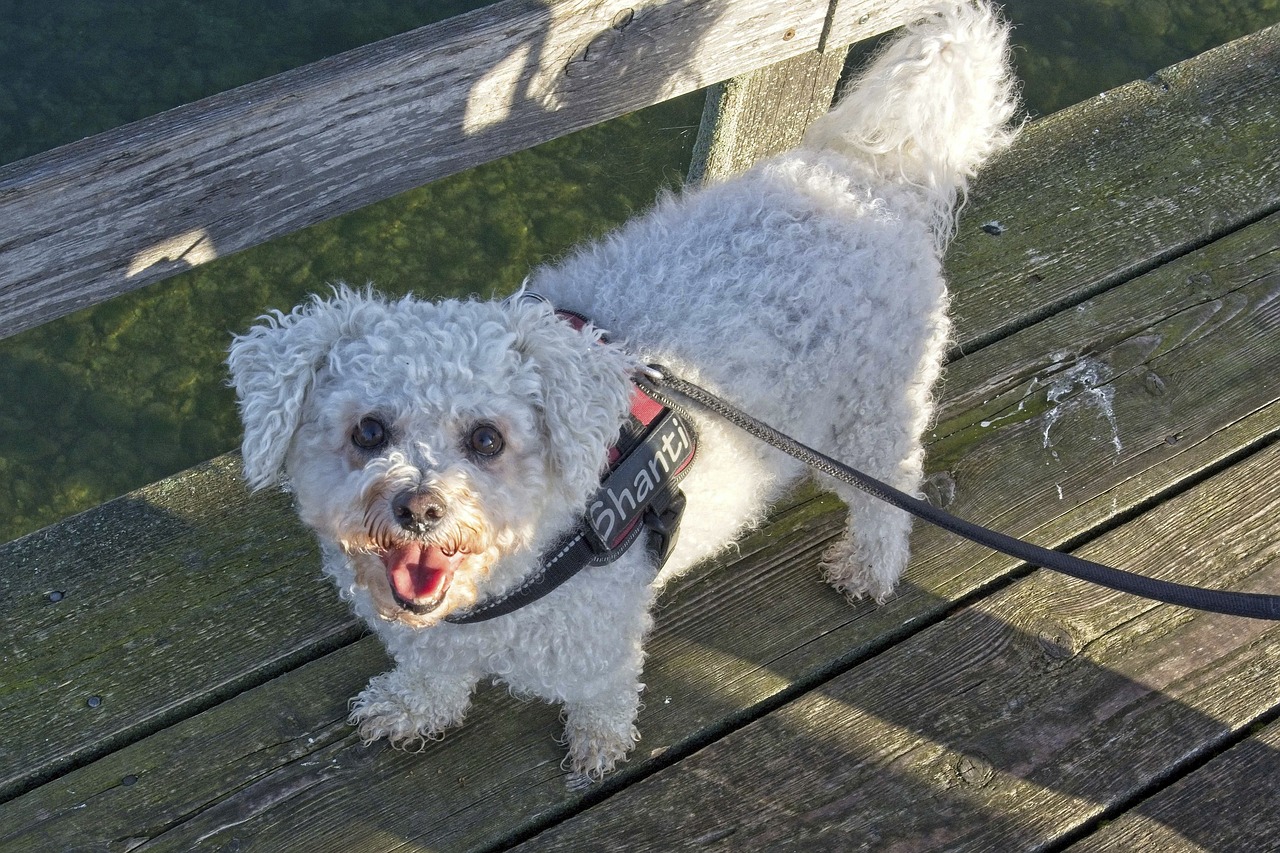
2. Papillon
Papillons, with their delicate and long-fringed ears, are not fans of getting dirty. They are lap dogs that enjoy the comfort of indoor environments over the messiness of outdoor play. Papillons’ small size and less rugged constitution make them more suited to indoor activities that don’t involve dirt or mud.

3. Maltese
Maltese dogs have long, flowing white coats that require regular grooming to keep them looking their best. They typically avoid muddy or dirty areas to prevent tangles and matting in their fur. Maltese are better suited to clean environments and gentle play that does not involve digging or rolling in the dirt.

4. Poodle
Poodles of all sizes have dense, curly coats that can easily become matted if exposed to too much dirt. While they are active and intelligent dogs, Poodles often prefer engaging in activities that do not involve getting dirty, such as agility training or fetching on clean surfaces. Regular grooming and clean play areas are ideal for this breed.
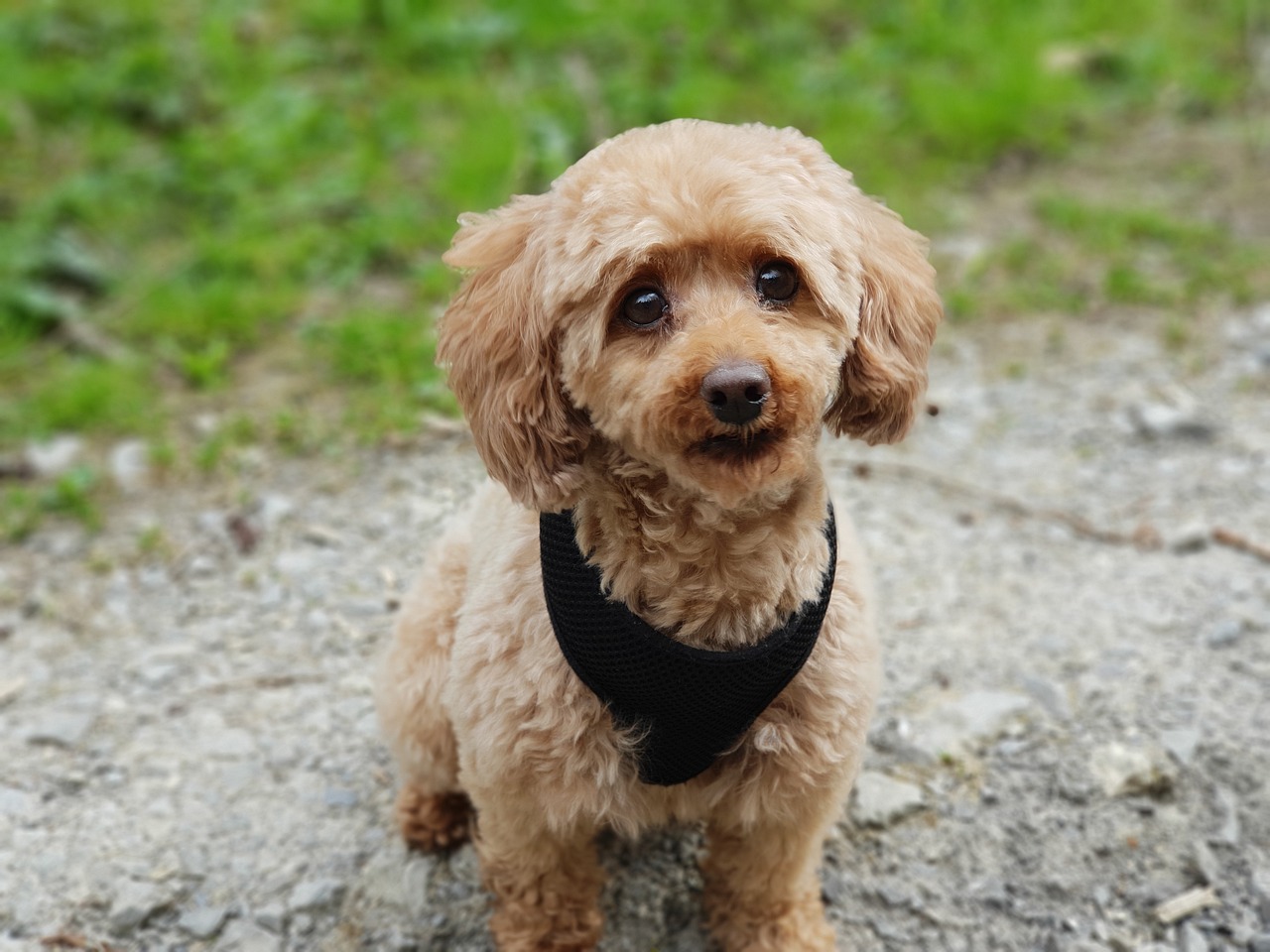
5. Shih Tzu
Shih Tzus, originally palace pets, are not inclined to indulge in activities that soil their long, luxurious coats. They tend to avoid puddles, mud, and dirt, preferring the cleanliness of indoor environments. Their aversion to dirt and preference for being pampered make them more suited to a leisurely lifestyle that doesn’t involve digging or dirty play.
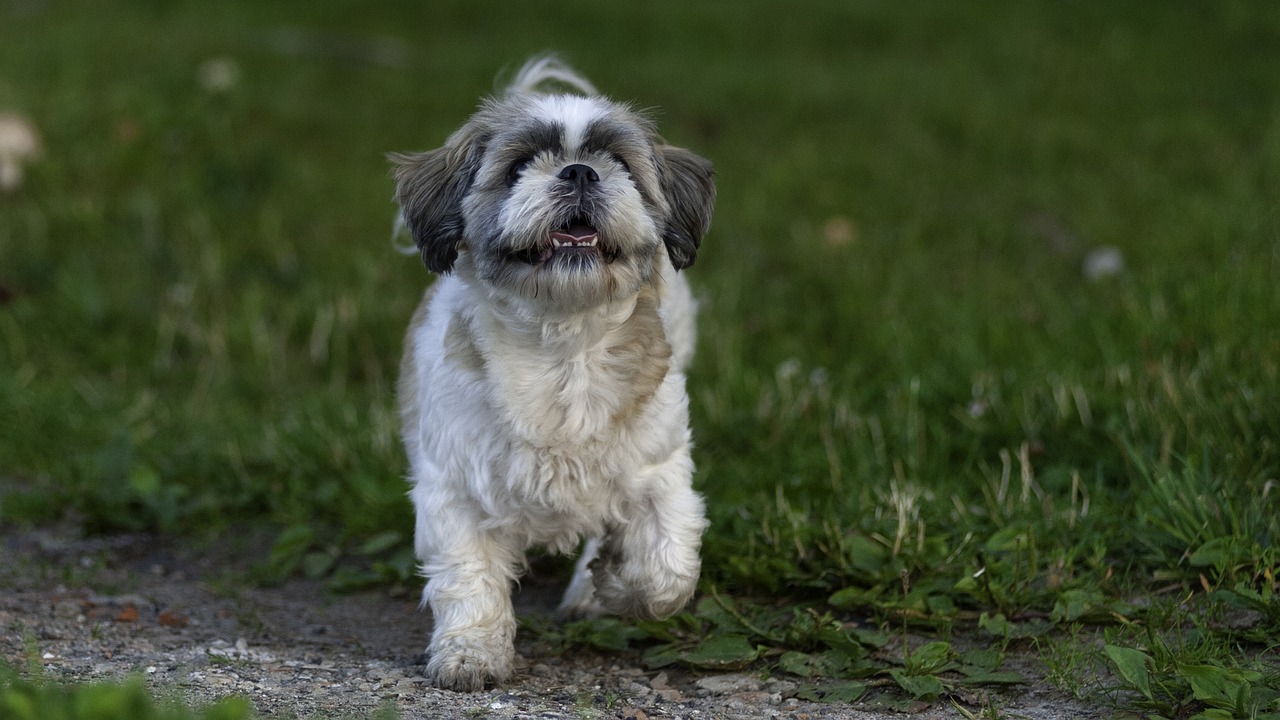
Understanding a dog’s natural inclinations towards or against digging and getting dirty can significantly influence your choice of breed, especially if you’re concerned about your garden’s upkeep or the cleanliness of your home. By choosing a breed whose natural behaviors align with your lifestyle and environment, you can ensure a happier and more harmonious life for both you and your dog.
 Toledo, United States.
Toledo, United States.